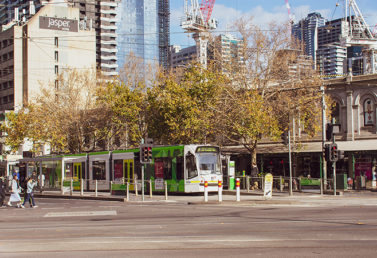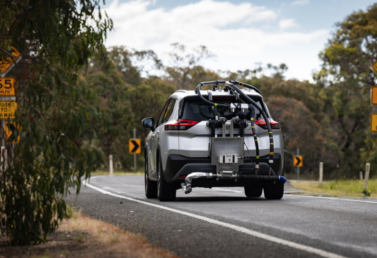Volkswagen Australia and Audi Australia are already facing proceedings from the Australian Competition and Consumer […]
Volkswagen Australia and Audi Australia are already facing proceedings from the Australian Competition and Consumer Commission (ACCC) in the Federal Court, relating to allegations of the installation of emissions testing ‘defeat’ software in certain vehicles as part of the broader allegations involving Volkswagen Group (Volkswagen AG) vehicles.
AAA Chief Executive Michael Bradley said: “The AAA has long questioned why affected Australian customers have not been offered buy-backs or payments from Volkswagen Australia as they have in other international markets. These latest reports of reduced fuel efficiency and performance in ‘fixed’ vehicles call into question Volkswagen Australia’s head-in-the-sand approach to their own customers.
“At the very least, Volkswagen Australia should be honest and transparent with its customers who are already affected by the scandal, about exactly what effects they can expect to see on their vehicle after returning it to their dealer for a ‘fix.’ Consumers need to be able to trust that their vehicle won’t be detrimentally affected, and that Volkswagen Australia’s ‘fix’ isn’t a fib.
“This latest episode in the dieselgate scandal also goes to highlight the need for the Australian Government to introduce a real-world emissions testing regime as other jurisdictions have done, to reduce the risk of this type of scandal occurring again.
“This is why the AAA is investing $500,000 in a pilot program to test the fuel consumption and emissions of 30 vehicles in on‑road Australian conditions, and to compare the results with the mandatory laboratory limits, and on Government-mandated Fuel Consumption Labels,” Mr Bradley said.
The AAA’s on-road vehicle emissions testing program was established in 2016 and has so far tested seventeen of a total of thirty vehicles. Interim results released on 27 March this year showed all but one of the vehicles tested so far have exceeded the manufacturer’s claim on fuel consumption and CO2 emissions, with the highest variance being sixty percent.

The latest AAA Transport Affordability Index reveals transport cost rises exceeded the consumer price index not only in the September 2023 quarter but also over the 12 months to the end of September.
read more
Initial results of Australia’s first program to test vehicle real-world performance show the cars tested use up to 13% more fuel on the road than they did in lab tests reported by manufacturers.
read more
The quarterly update of the AAA’s EV Index shows the Australian new vehicle market continuing to change.
read more